What is Ethereum?
Ethereum Blockchain Summary
Launch Year
2015
Type
Public Blockchain
Native Cryptocurrency
Ether (ETH)
Consensus
Proof-of-Work (PoW) (Transitioned to Proof-of-Stake (PoS))
Ethereum revolutionized blockchain technology by introducing smart contracts, enabling a whole new world of decentralized applications (dApps) and programmable logic. It boasts a vast developer community, a flourishing ecosystem of DeFi protocols, the largest NFT marketplace, and serves as a foundation for countless other blockchain projects. Ethereum’s ongoing transition to Proof-of-Stake aims to address scalability and sustainability challenges, paving the way for its continued growth and innovation.
Ethereum staking mechanism and details
Ethereum is currently undergoing a major transition from Proof-of-Work (PoW) to Proof-of-Stake (PoS). Here’s how staking will work on the upgraded Ethereum:
Details about Ethereum staking
Validator Requirements
To become a validator, users must stake a minimum of 32 ETH and run specialized software.
Rewards
Validators earn rewards in ETH for securing the network and validating transactions.
Lido and Similar Services
Platforms like Lido offer liquid staking, allowing users to stake smaller amounts of ETH and receive derivative tokens representing their staked ETH.
Coin Utility
Used to pay transaction fees (gas), participate in staking, and as a medium of exchange within the Ethereum ecosystem.
Supply
While ETH doesn’t have a fixed maximum supply, recent changes (EIP-1559) have introduced a burning mechanism which can make ETH deflationary under certain conditions.
Layer 2 Solutions
To address scalability issues, Ethereum relies on Layer 2 solutions (e.g., Optimism, Arbitrum) to increase throughput and reduce transaction costs.
Ethereum Smart Contracts
Ethereum’s smart contract functionality laid the foundation for the explosion of dApps in various industries. Solidity is the most widely used programming language for developing Ethereum smart contracts. Ethereum’s developer ecosystem provides extensive tooling and resources, fostering innovation and continuous development of new use cases.
Details about Ethereum smart contracts
Robust Developer Community
Tap into a vast network of developers, extensive resources, and established tooling.
Wide Range of Use Cases
Supports diverse applications, including DeFi, NFTs, gaming, and much more.
Ethereum Wallet Options
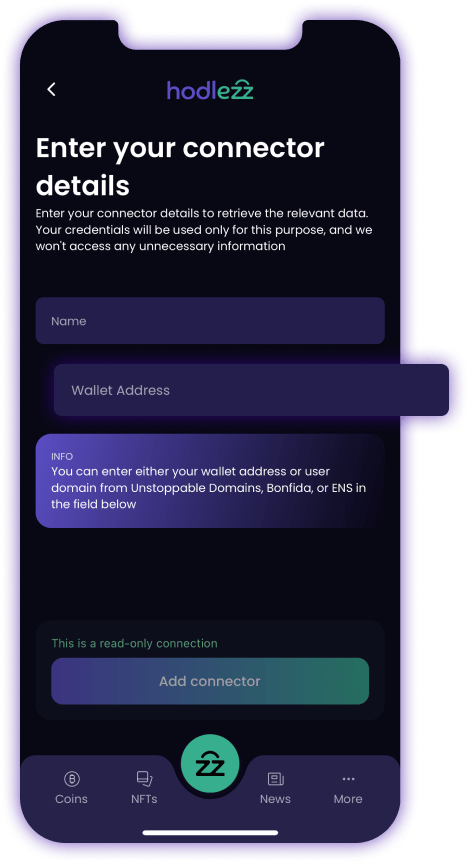

MetaMask
The go-to wallet for interacting with Ethereum-based dApps and services.

Argent
Mobile wallet focused on security and user experience in the DeFi space.

Rainbow
Non-custodial mobile wallet with a focus on NFTs and collectibles.

Ledger and Trezor
Hardware wallets offer enhanced security for storing ETH and other ERC-20 tokens.
How to Buy Ethereum (ETH): A Guide to Popular Exchanges
As the second-largest cryptocurrency, Ethereum (ETH) is widely available for purchase on various exchanges. Let’s explore some popular options to help you find the best place to buy Ethereum for your needs.
Best CEXs to Buy ETH
Binance
Global exchange featuring high liquidity and ETH trading pairs.
Coinbase
Popular and user-friendly exchange with ETH trading.
Kraken
Well-respected exchange offering a good selection of cryptocurrencies, including ETH.
KuCoin
Global exchange featuring several trading pairs for ETH.
Gemini
Trusted exchange regulated in the US, known for security and compliance, featuring ETH trading.
Best DEXs to Buy ETH
Uniswap
Market-leading decentralized exchange on the Ethereum network.
Sushiswap
Popular DEX offering additional yield-earning opportunities.
1inch
DEX aggregator sourcing liquidity from multiple exchanges for potential price optimization.
Curve Finance
Specialized DEX focusing on stablecoin swaps, often a source of wrapped ETH (WETH).
Important Note: Always research and consider factors such as fees, security, supported fiat currencies, and regional availability before choosing an exchange. It’s recommended to compare multiple options to find the best way to buy Ethereum that suits your requirements.
How to track Ethereum assets?
Monitor and capitalize all your Ethereum assets from multiple sources with auto-synced data about coin prices, NFT floor prices, advanced analytics and custom asset based opportunities.
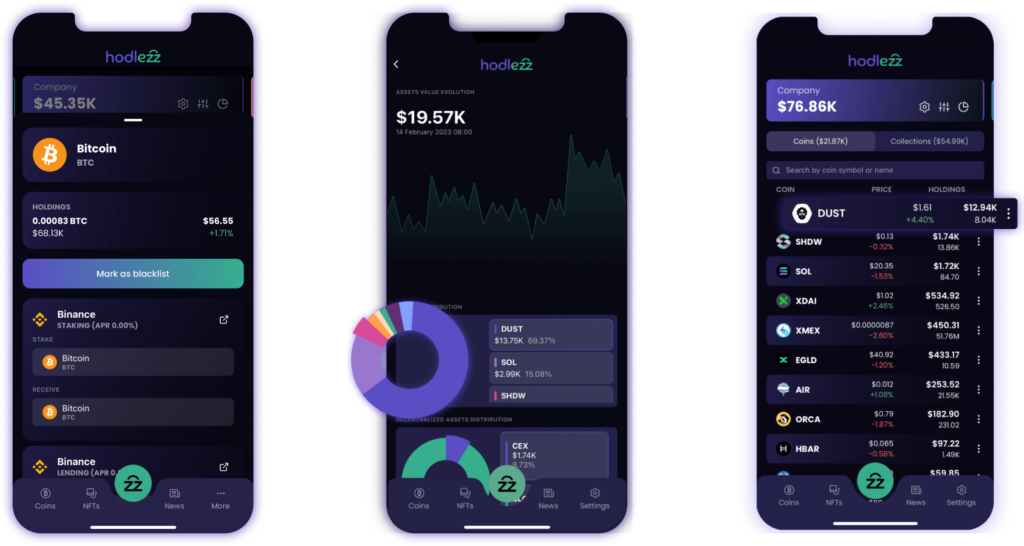
7 easy steps to track and capitalize all your Ethereum assets
Open your crypto wallet app or web extension
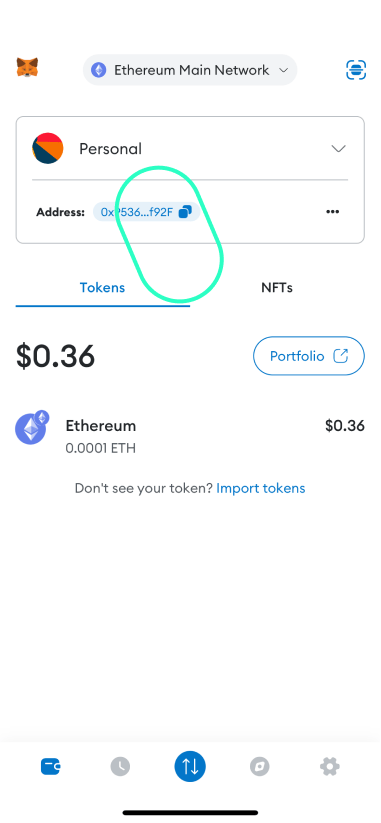
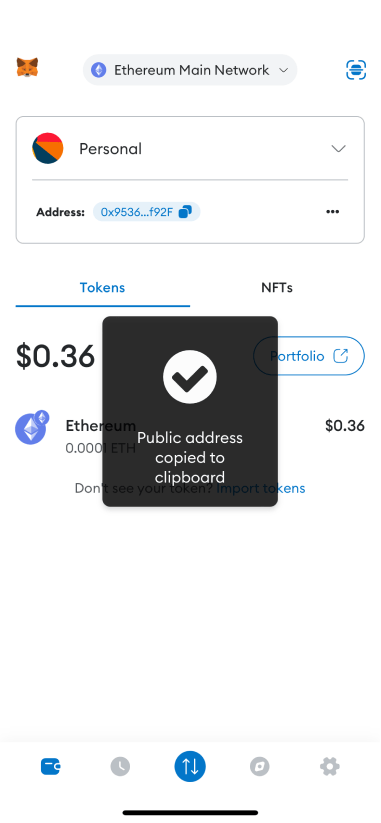
Select your Ethereum public wallet address and copy it
Open the Hodlezz mobile app and create a portfolio
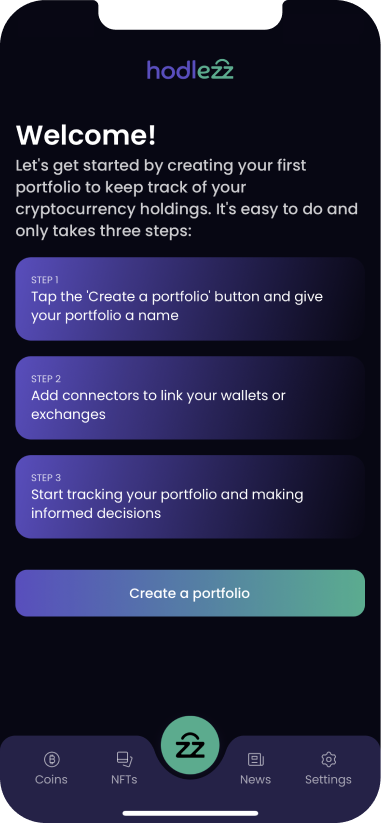
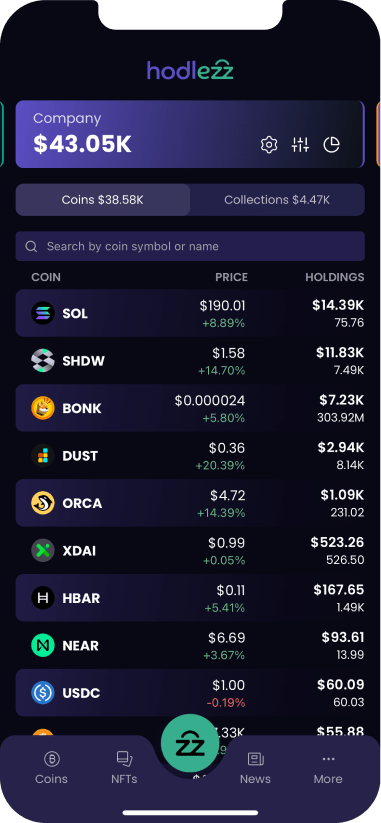
Select the settings icon in your portfolio
Select [Add connector] from the menu
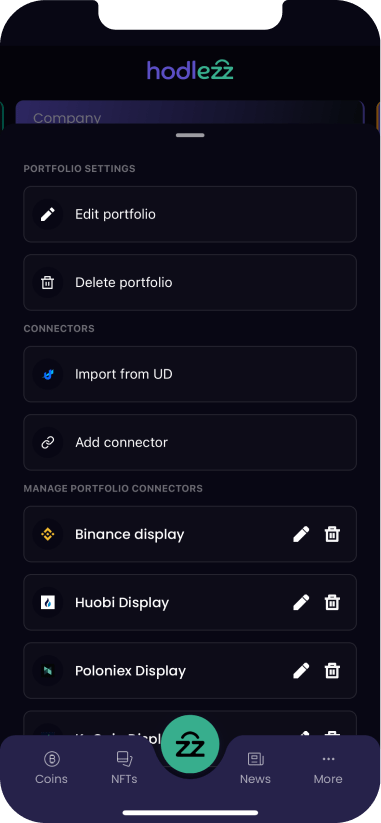
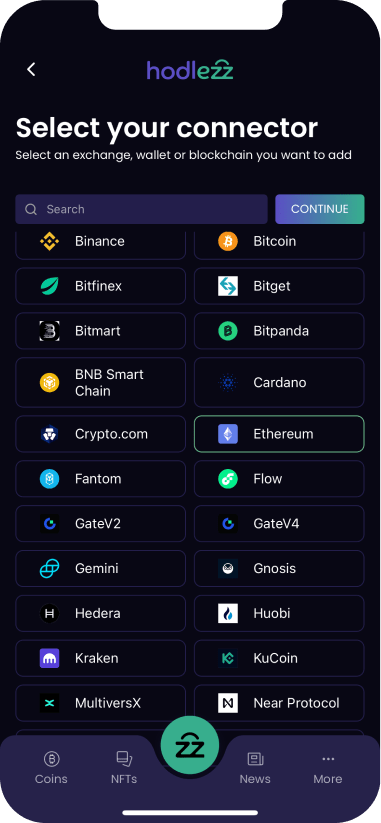
Select [Ethereum] for any Ethereum compatible address
Choose a name for your connector and insert your public wallet address
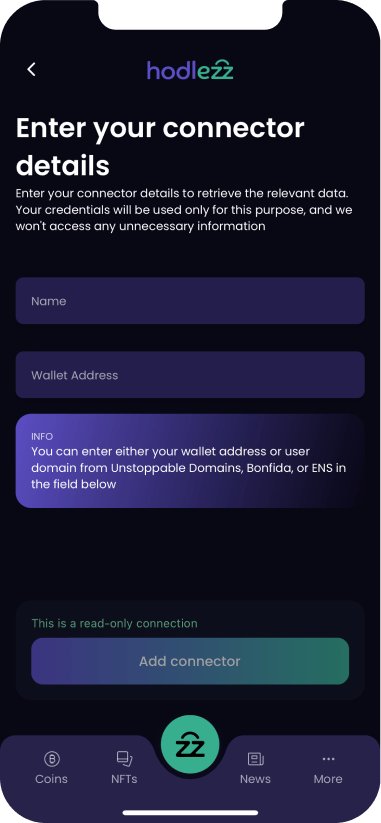
Start tracking all your crypto assets now
Experience seamless management of your digital assets with Hodlezz: the premier app for real-time tracking and analytics of your cryptocurrencies and NFTs.
